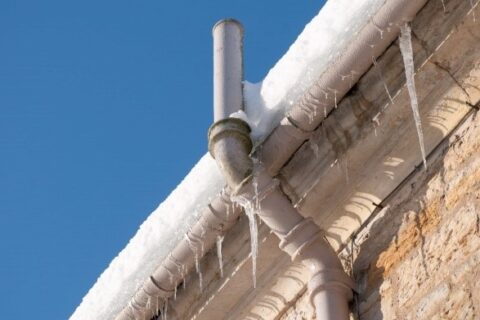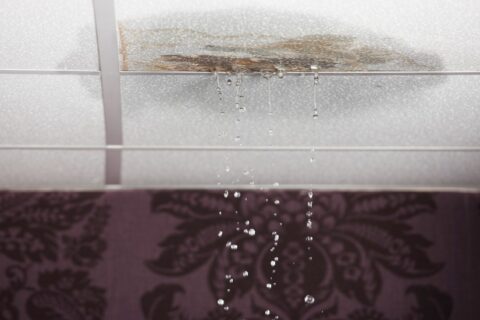How to Test Tap Water Quality
Why Test Water Quality?
If you pay a water bill, you purchase water from a municipal supplier responsible for monitoring, testing, and reporting drinking water quality to the government to ensure its safety. Your water company must also notify you if known contaminants are in the water supply. You can even lookup an annual water quality report with specific information about your tap water.
If your water comes from a private well, you alone are responsible for ensuring its safety. Sometimes, dangers lurk in well water without giving any obvious warning signs. For this reason, routine testing is highly recommended.
Regardless of where you get your water, testing is warranted in these situations:
- You suspect your home’s pipes may contain lead.
- You’re considering installing a water treatment system.
- Your family has recurring gastrointestinal illnesses.
- Your water tastes or smells funny.
- Your water appears cloudy, frothy, or discolored.
- You notice stains or hard water scaling on plumbing fixtures and appliances.
How to Test Water Pollution at Home
While you can always send a water sample to an EPA-certified facility for professional water testing, many homeowners are interested in testing water quality at home. Two main methods are available for this, including:
- Water test strips: To use a test strip, fill a glass with tap water, dip a test strip in, and give it a few minutes to work. Then, compare the color on the strip to a chart included with the test kit to reveal useful information about your tap water.
- Water testing solution: To use this method, fill a vial with tap water, add a few drops of the solution, and wait until the color changes. Then, compare it to the chart included with the test kit.
These tap water testing methods measure pH, hardness, chlorine, and various chemicals. For more robust testing that checks for microorganisms, metals, and nitrates in the water, you’ll need to use a certified water-testing service. Check the California Water Boards website to find a lab near you.
Schedule Water Damage Restoration
If you discover water damage in your home, you need a professional’s help. It doesn’t matter whether the water is clean enough to drink or laced with contaminants—ignoring the problem could lead to structural damage, wood rot, mold growth, and other issues.
Turn to Pacific Flood Restoration for the services you need. Our team responds quickly to your call for help, beginning the water extraction and structural drying process immediately. With our help, your property will return to normal faster than you thought possible. To request a water damage consultation at your San Diego-area home, please call us at 832-294-5462 or contact us online today. We serve Del Mar, Solana Beach, Oceanside, and other communities across North County.


